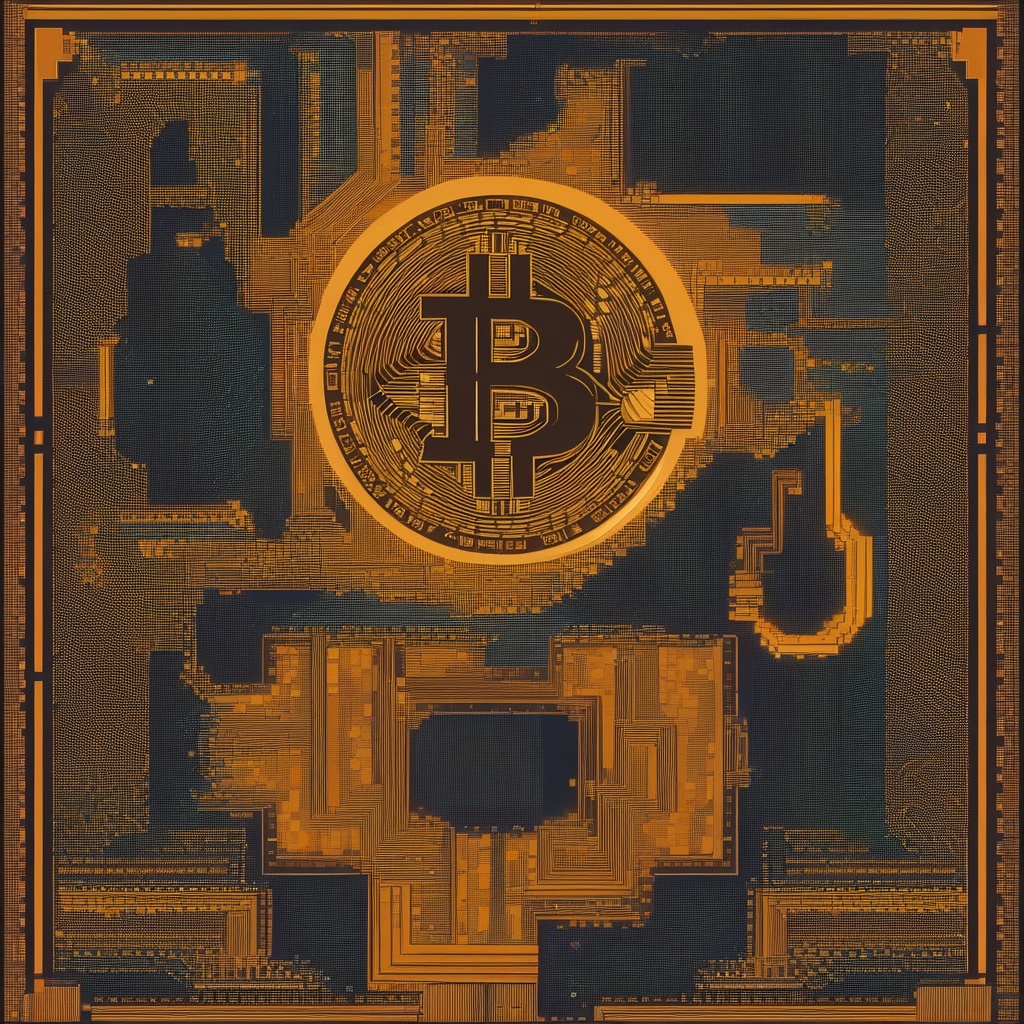Which address is EVM?
I'm trying to locate the address for EVM. Could you please tell me where it is or provide me with the specific address for EVM?

Are EVM and ETH address the same?
I've been hearing a lot about Ethereum and its virtual machine, EVM. I'm wondering if the address for the Ethereum Virtual Machine (EVM) is the same as the Ethereum (ETH) address. Can someone clarify this for me?

Is MetaMask EVM?
I'm wondering if MetaMask is considered as an EVM, or if it's something else entirely. I need clarification on this matter.

What is the difference between Hyperledger and EVM?
Hyperledger is an open source project for building enterprise-level blockchain solutions, focusing on privacy, flexibility, and scalability. It provides a set of frameworks and tools for creating permissioned blockchains. On the other hand, EVM, or Ethereum Virtual Machine, is a component of the Ethereum blockchain that executes smart contract code. It runs on a public, permissionless network and enables decentralized applications. The key difference lies in their purpose and operating environment: Hyperledger targets enterprise use cases with a focus on privacy and permissioned access, while EVM powers smart contracts on Ethereum's public blockchain.

Is EVM the same as Ethereum wallet?
I'm wondering if EVM and Ethereum wallet are the same thing. I know EVM stands for Ethereum Virtual Machine, but I'm not sure if it's interchangeable with Ethereum wallet in terms of functionality and usage.

